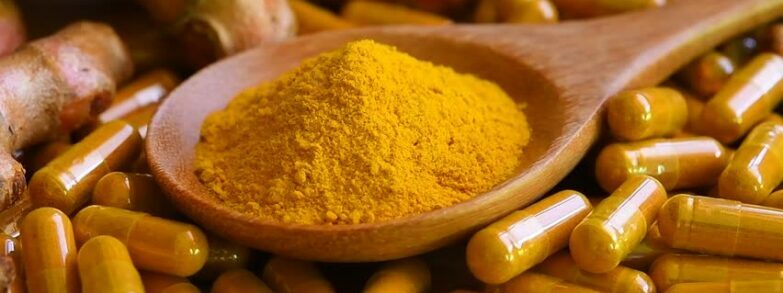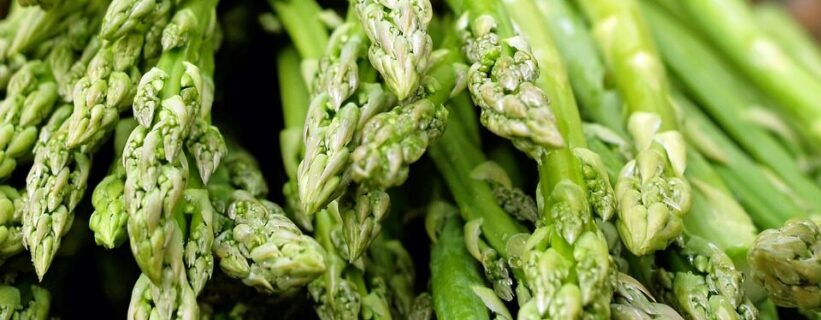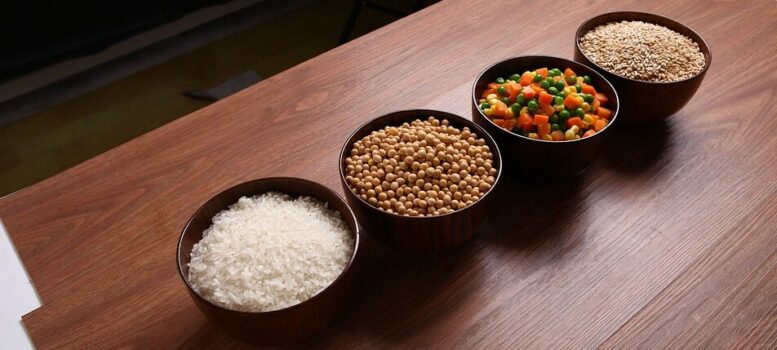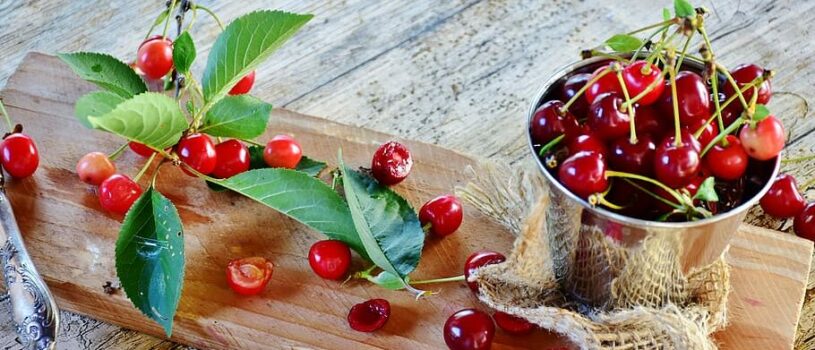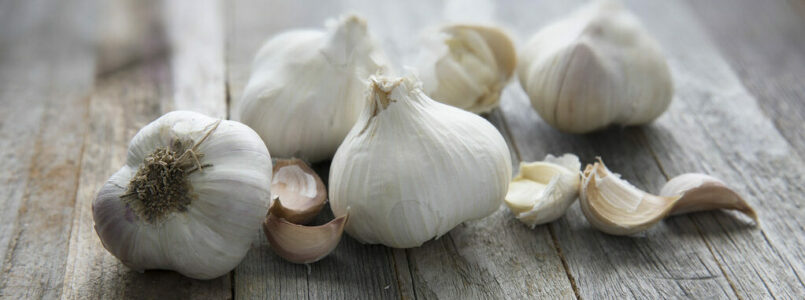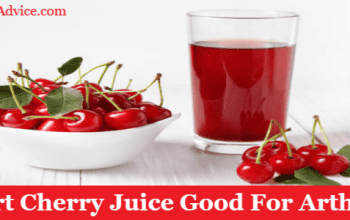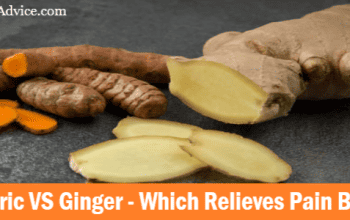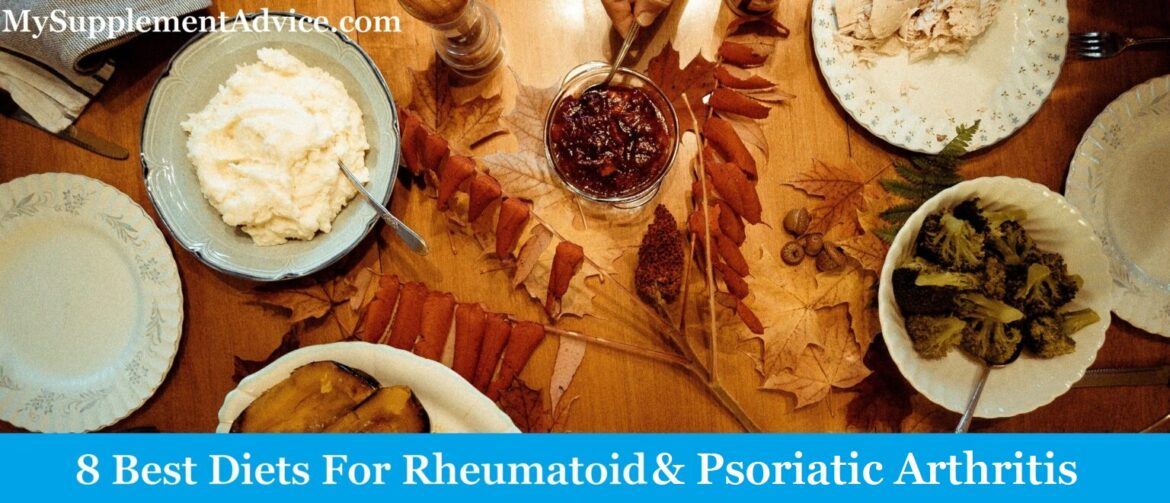
Are you struggling with your arthritis symptoms? Are they too hard to bear sometimes?
Well – your eating habits can help with that:
- decrease the level of inflammatory molecules
- control chronic swelling
- reduce flare-ups frequency
So what kind of regimen should you follow?
Well, here's the secret – the 8 best diets for rheumatoid & psoriatic arthritis.
Note: These aren't actual diets – they rather focus on adding an essential food to your daily regimen (without giving up anything else).
#1 – Turmeric Diet
1. How It Helps: Decreases chronic inflammation and pain:
- best anti-inflammatory proprieties of all herbs
- strongest effect among natural remedies
2. How To Follow It: Turmeric works best either as powder or as supplements.
I constantly recommend turmeric for RA/PsA symptoms.
Among all natural remedies – it's surely the strongest.
1. How It Helps
Basically – turmeric has anti-inflammatory proprieties:
- maintains inflammatory molecules in a low level
- decreases chronic pain
- reduces inflammation/swelling [1]
- promotes recovery
Besides – consuming turmeric decreases the intensity of your RA/PsA flare-ups.
Not to mention that it also makes them less frequent.
That's why I consider it the #1 secret against inflammatory arthritis.
2. How To Follow It
Turmeric diet isn't actually a real diet.
All you have to do is to add turmeric into your daily eating schedule.
There's no need to give up any other food – just make sure you get your turmeric dose.
Now – there are 2 ways to use turmeric:
- powder
- pills
I personally recommend using both together:
- Use the powder into the foods you cook.
- Turmeric is an excellent spice, so it would make your food tastier.
- Start using a turmeric supplement as well.
- This will help your body get a proper dosage.
Turmeric is very poorly absorbed normally. So you actually get about 25% of the quantity you consume.
That's why supplements are a better alternative to powder:
- contain absorption boosters (bioperine)
- absorption increases with up to 200%
- effect is much better than with powder alone
For this reason, I recommend using turmeric powder while cooking and also take turmeric pills separately.
Still – I don't recommend using ANY RANDOM supplement (many don't contain bioperine so they have a poor absorption).
That's why I recommend a product with a great quality and the lowest price possible.
#2 – Vitamin K Diet
1. How It Helps: It's based on anti-oxidants so it fights free radicals.
In this way – it decreases RA/PsA inflammation and prevents flare-ups.
2. How To Follow It: Consuming more leafy vegetables.
This diet is extremely useful not only for inflammation – but also for general health.
As you can tell after its name, it's a boost of essential vitamins.
1. How It Helps
Basically – adding vitamin K rich foods will bring your body a boost of energy.
But that's not all. It also helps it fight arthritis better:
- increases the level of anti-oxidants [2]
- prevents joint damage (caused by oxidative stress)
- decreases chronic inflammation
Now – vitamin K is not as strong against inflammation as turmeric.
That's why turmeric stands as my #1 recommendation for RA.
Still, consuming foods that are rich in vitamin K can have a great impact on your symptoms.
Some people claim their flare-ups became more rare (which is a major thing).
2. How To Follow It
As I said before – there's no need to give up any food from your usual schedule.
Obviously, processed foods and dairy aren't recommended.
But other than that – you can eat pretty much anything.
As for the vitamin K diet, it promotes leafy/green vegetables (but also fruits):
- celery, spinach, cabbage, etc.
- cucumber, zucchini, etc.
- citrus, beetroots
But it's not all about green veggies.
You should also consider fish, light meat, cherries, etc.
Pretty much every food with anti-oxidant proprieties contains vitamin K (in a lower or higher degree).
You can use Google to check your favorite food and see how helpful it is from this point of view.
But adding the foods above to your diet will surely reduce your symptoms on the long term (even a bit).
#3 – ACV Diet
1. How It Helps: Decreases pain intensity and flare-ups frequency.
2. How To Follow It: Consuming a mix of apple cider vinegar drink daily.
You can also take it as supplements (but most people prefer the drink).
This is probably one of the best home remedies against RA.
There's no wonder so many people swear by it.
1. How It Helps
First of all – Apple Cider Vinegar doesn't have any clinical evidence behind.
However, many arthritis sufferers praise it a lot.
So apparently – it seems to have a great effect against inflammation:
- Decreases chronic swelling.
- Reduces usual pain levels.
- Improves flare-up symptoms and their intensity.
Also, it seems to be very helpful in gout (which is another form of inflammatory arthritis).
So overall – ACV is probably the best home remedy against arthritis.
It has many other additional benefits – but it seems to be very helpful even in RA.
2. How To Follow It
Just like I said before – this isn't a real diet.
That's because it doesn't require consuming only ACV and nothing else.
Instead, it's quite simple.
It only requires consuming a special drink (based on ACV) and that's it – you don't have to change any of your eating habits.
- Use a teaspoon of organic apple cider vinegar (any brand).
- Add it into a 8 oz glass of water.
- Next, add half a teaspoon of honey (for a better taste).
- You can also add cinnamon or lemon juice.
- Mix them all together.
All you have to do is to have this drink daily (once is enough).
Now – there are some people who hate its taste.
If that's your case as well, you can try an ACV supplement instead of the drink.
But most people are fine with its taste, so the drink is more popular overall.
#4 – Whole-Grains Diet
1. How It Helps: Increases energy and decreases oxidative stress.
On the long term – this will have a positive effect on chronic inflammation.
2. How To Follow It: Eating foods based on whole-grains at least once every 1-2 days.
Though very few RA guides recommend whole-grains, I personally consider them very helpful.
They might not have short term benefits (as turmeric or ACV).
But they have a positive impact on your body in the long run.
1. How It Helps
If you didn't know – whole grains are helpful for most forms of arthritis.
But as I said, they don't have an immediate effect (as other remedies).
Instead – they're more effective on the long term:
- Decrease inflammation levels. [3]
- Prevent often flare-ups and high pain intensity.
- Reduce the risk for secondary conditions (diabetes, heart problems).
However, it's essential to consume foods made of whole grains.
That's because refined grains are actually dangerous for arthritis:
- promote inflammation
- increase pain intensity on the long term
Whole-grains foods have a higher amount of fibers (which are extremely healthy).
So that's what makes the actual difference. [4]
2. How To Follow It
This one is really easy – just try to consume whole grains foods daily.
You don't have to give up your old eating habits.
However – if you used to consume many refined grains foods, try to replace them with whole grains ones like:
- brown rice, oatmeal
- whole-wheat paste, crackers, bread
- millet
On the other hand – refined grains foods include regular bread, pasta, white rice, etc.
So the point is to replace these regular foods with their healthier alternatives.
You can continue consuming them – just make sure you're eating the whole-grains version.
#5 – Fatty Fish Diet
1. How It Helps: Fish oil is an excellent remedy for inflammation.
It also prevents arthritis flare-ups and constant pain.
2. How To Follow It: Replace meat with fish as much as you can.
To be honest – this is one of my favorites remedies against RA.
It's tasty, really easy to find and very healthy.
1. How It Helps
When it comes to RA – fish is very worth consuming:
- Fish oil is rich in Omega 3 and Omega 6.
- For this reason, it's very effective against inflammation.
- It also helps lubricate joints and cartilages.
- Its long term benefits are even more significant.
Now – it's true that most of these benefits are because of fish oil.
But many compounds from fish oil also exist in the meat itself.
That's why consuming fish will bring you similar benefits.
Besides – fish is a lot easier to consume than the oil itself:
- oil usually comes as pills
- you can't really find it as a food/drink
That's why consuming fish can be a very helpful alternative.
2. How To Follow It
All you have to do is to add more fish to your diet.
Eating it daily isn't a must – but if you're used to consuming meat daily, try to replace it with fish.
This isn't only lighter and easier to digest, but it's also more beneficial for your health.
You're not going to see any improvement overnight.
But if consumed constantly – fish can help on the long term.
So what kind of fish you should have? Anything that is rich in Omega 3:
- salmon
- sardines
- trout
Adding these foods to your diet will surely impact your arthritis (in the best way).
#6 – Cherry Juice Diet
1. How It Helps: Can lower inflammatory markers on the long term.
2. How To Follow It: Adding tart cherry juice to your eating schedule.
This may seem like an unusual remedy for arthritis.
However – there's some clinical evidence that stands behind cherry juice. [5]
So at this point, it's a great alternative remedy for RA.
1. How It Helps
First of all – not every kind of cherry juice can help inflammation.
That's only available for tart cherry juice (made from Prunus Cerasus fruits):
- Reduces RA-associated symptoms.
- Decreases the level of inflammatory markers and molecules.
- Control pain and stiffness.
Now – it's surely not an overnight remedy. Otherwise, everyone would be using it.
But when associated with other anti-inflammatory foods, it can help a lot in the long run.
2. How To Follow It
Trying this diet is very simple.
All you have to do is to start consuming tart cherry juice a couple of times per week.
If you like its taste – drinking it daily is totally fine.
But many people don't like it so much. That's why once every 2-3 days would be enough.
Just pay attention to the brand you choose:
- Some companies add a lot of sugar in their recipes.
- That's only designed to improve the taste.
- However, sugar can worsen arthritis symptoms.
- It also increases inflammation and consequent pain.
That's why my recommendation is to choose an organic brand and check out the label before making the purchase.
You can also make your own tart cherry juice at home (which is even better).
#7 – Garlic Diet
1. How It Helps: Keeps inflammation under control and promotes immunity.
2. How To Follow It: Adding a small amount of garlic into your daily foods.
Garlic is considered a home remedy for most health conditions.
And that's totally true – it has a benefit for most health problems.
And rheumatoid arthritis makes no exception.
1. How It Helps
First of all – scientists discovered that garlic has anti-inflammatory proprieties.
But there's more:
- strengthens the immune system
- decreases inflammatory molecules
- lowers the risk for complications
- prevents secondary health problems
Obviously – garlic is far from a miraculous remedy.
So if you expect to see some changes within a week, that's not going to happen.
But in terms of results – it does help (though it's going to take a few months).
2. How To Follow It
Just like the other diets above, this one doesn't require much:
- Start adding garlic to some of the foods you cook.
- If possible, consume a tiny amount every day.
- This should help your arthritis symptoms on the long term.
- Besides, it will surely improve your general health.
Plus – many people consume garlic daily just because it's extremely healthy.
So adding it into your diet shouldn't be too hard.
#8 – Olive Oil Diet
1. How It Helps: Decreases inflammatory pain and cartilage damage.
2. How To Follow It: Use olive oil in every foods you cook.
Though it's famous for its health benefits – many people have no idea that olive oil can help RA.
Still, no one can deny its real benefits.
1. How It Helps
It's quite clear that olive oil has anti-inflammatory proprieties.
But there's more about it that you didn't know:
- Reduces arthritis progress.
- Prevents further joint and cartilage damage.
- Lowers the risk for developing RA (in people with a family history).
- Decreases joint swelling.
So besides its actual anti-inflammatory benefits, olive oil also helps the joints directly.
Just like the other remedies – it doesn't make miracles alone.
But when combined with additional solutions, its effect adds up.
2. How To Follow It
Instead of using sunflower or any other oil – switch to olive oil whenever you cook.
This will not only help your RA, but also your general health.
There were many studies conducted on olive oil and they all reached the same conclusions.
When used for cooking – it's a lot healthier than any kind of oil.
That's why it's worth using.
My Video Guide
My Verdict – What's The Best Diet For Rheumatoid Arthritis?
Short answer: Combining several anti-inflammatory foods.
There's no diet that can cure RA or PsA completely.
But adding certain foods to your eating schedule can help tremendously:
- Turmeric (the most important one)
- Leafy Vegetables
- Apple Cider Vinegar
- Whole-Grain Products
- Fatty Fish
- Tart Cherry Juice
- Garlic
- Olive Oil (when cooking)
Now – even adding all these 8 foods to your diet isn't going to cure your arthritis.
In fact, it's not even going to improve it overnight.
But in a few weeks – you might start feeling better and getting flare-ups more and more rare.
And considering you were mostly using natural remedies, I think that's a big achievement.
References:
1 – https://www.ncbi.nlm.nih.gov/-pmc/articles/PMC3535097/
2 – https://www.ncbi.nlm.nih.gov/-pubmed/9354587
3 – https://www.ncbi.nlm.nih.gov/-pmc/articles/PMC6221555/

